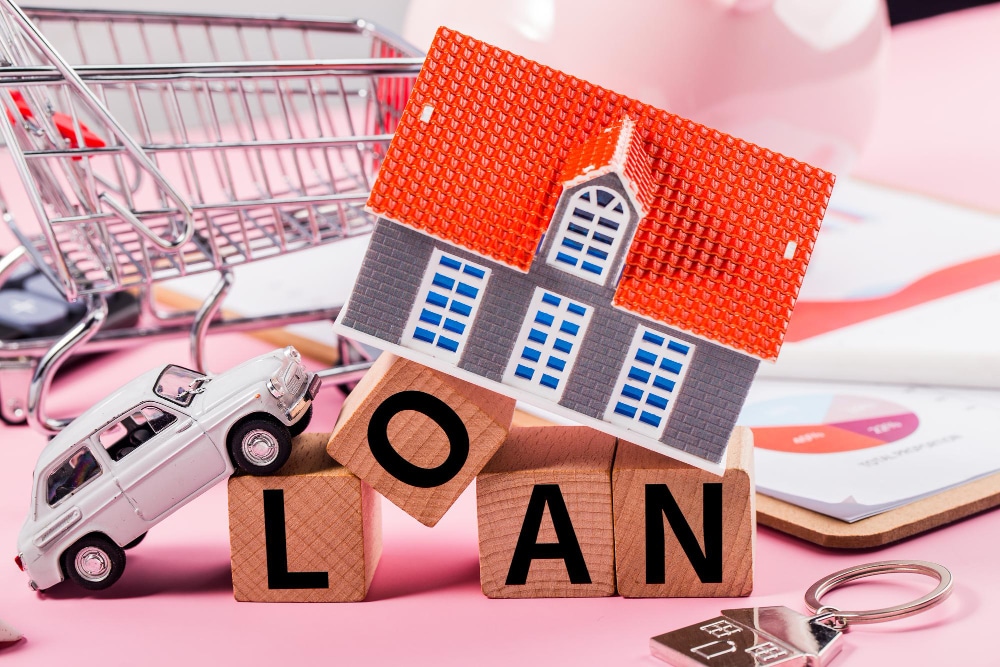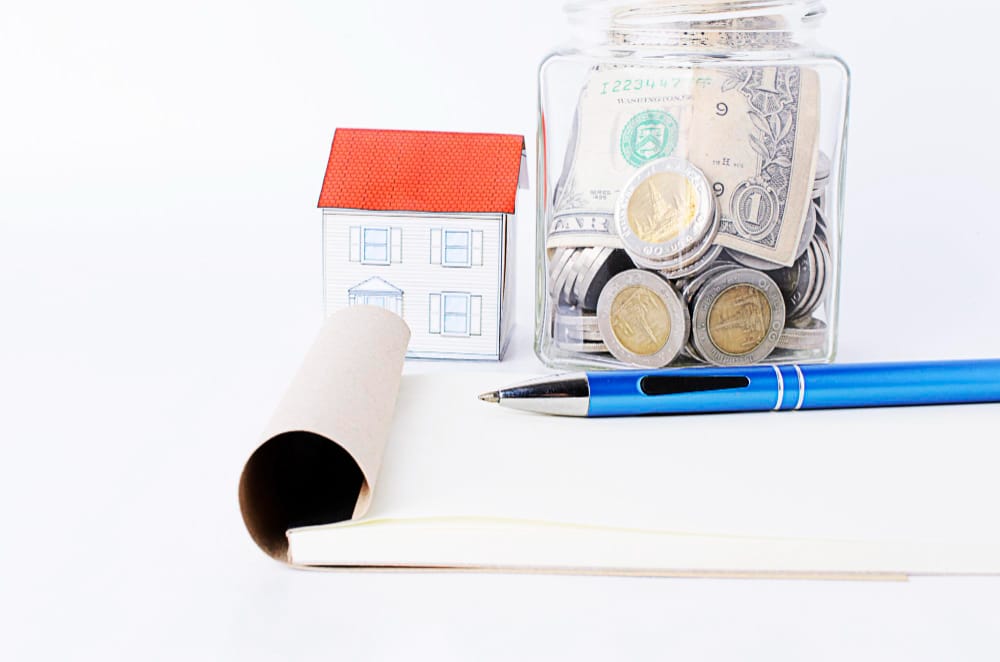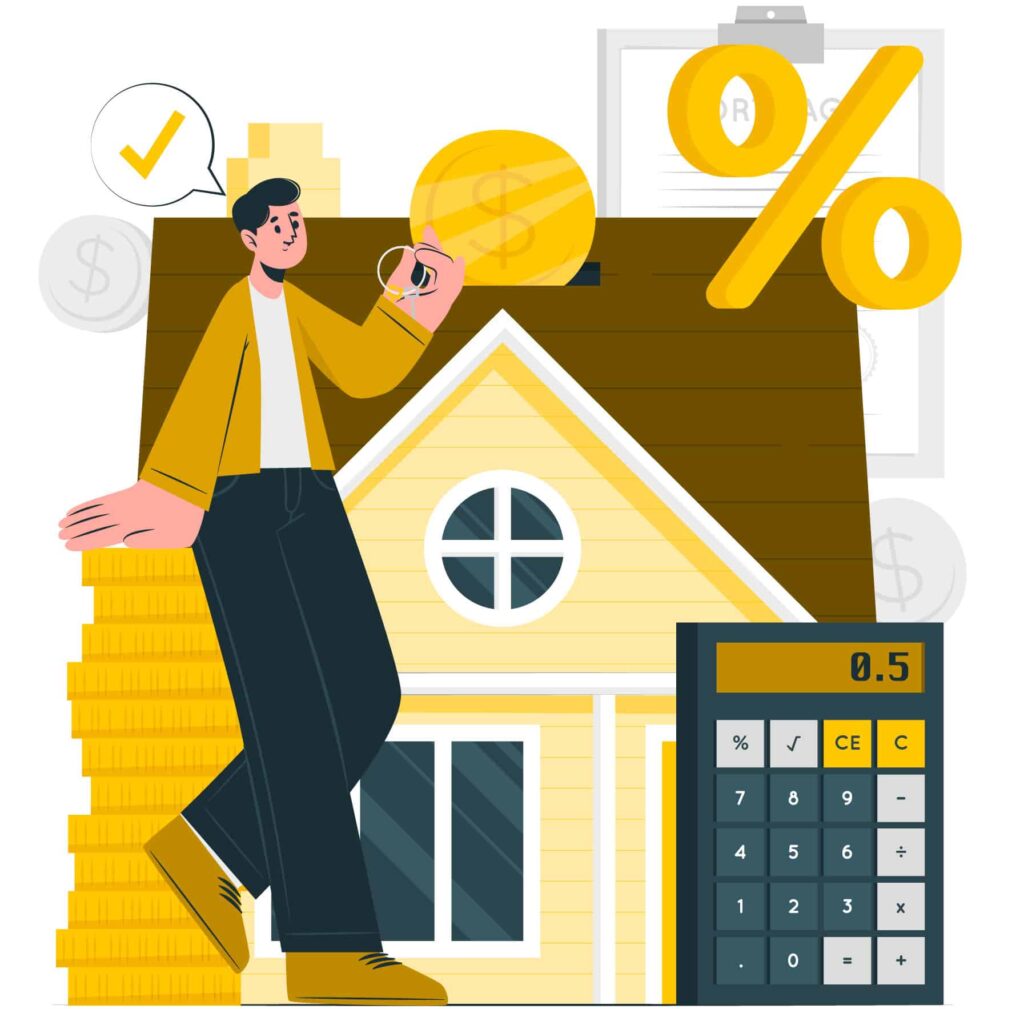
Understanding Remodeling Loan: 5 Key Tips for Smart Home Renovation Financing
Starting on a home remodeling project is an exciting venture, but it often comes with a significant financial commitment. One option to finance this is through a remodeling loan. Making an informed decision about whether a remodeling loan is suitable for you is critical. This blog provides an easy-to-understand guide, helping you navigate the complexities of such financial decisions.
Contents
- 1. Understanding Remodeling Loans: A Simplified Overview
- 2. Evaluating Your Financial Health
- 3. Analyzing the Costs and Benefits
- 4. Comparing Remodeling Loan Options
- 5. Alternative Funding Sources
- Frequently Asked Questions
- Question 1: What’s required to qualify for a remodeling loan?
- Question 2: Can I apply for a remodeling loan with bad credit?
- Question 3: How do I calculate how much I need for my remodeling project?
- Question 4: Are there any tax benefits to a remodeling loan?
- Question 5: How long does it take to receive funds from a remodeling loan?
1. Understanding Remodeling Loans: A Simplified Overview
What is a Remodeling Loan?
A remodeling loan is a specialized type of financing aimed at funding home improvement projects. Unlike standard loans, these are customized to meet the unique costs associated with renovations, whether it’s for basic repairs or extensive remodeling. The main advantage of these loans is their ability to offer potentially higher amounts and more flexible fund disbursement, tailored for the phased nature of home improvement work.
To determine if a remodeling loan fits your needs, it’s important to understand its specifics, like interest rates, loan terms, and repayment options, and how they align with your financial situation. These loans can be more cost-effective than other financing options, but they might also come with certain requirements, such as collateral. Careful consideration of these factors will help ensure that a remodeling loan enhances your project without becoming a financial strain.
2. Evaluating Your Financial Health
Assessing Your Budget and Repayment Ability
Before considering a remodeling loan, assess your financial health. Can you manage the monthly payments comfortably? Understanding your budget and ability to repay without overstraining your finances is crucial.
3. Analyzing the Costs and Benefits
Is the Investment Worth It?
When contemplating a remodeling loan, it’s crucial to balance the costs against potential benefits. Consider key questions: Will this renovation substantially boost my home’s market value? Does it tackle crucial repairs or upgrades? If your project is likely to enhance your home’s worth significantly or addresses important maintenance needs, opting for a remodeling loan can be a smart financial move.
Furthermore, think about the long-term impact of your renovation. For instance, energy-efficient upgrades or modernizing key areas like the kitchen or bathroom can not only increase your home’s value but also improve your living experience. In cases where the renovation leads to both immediate and long-term benefits, a remodeling loan becomes not just a funding option, but an investment in your property’s future. This thoughtful consideration ensures that the loan serves as a strategic tool for home enhancement.
4. Comparing Remodeling Loan Options
Interest Rates and Terms
Loan terms and interest rates vary widely, making it important to thoroughly research different lenders to find the most favorable conditions. A lower interest rate, for instance, can lead to substantial savings over the life of the loan, making your renovation project more affordable in the long run. Additionally, consider the loan term, which can impact your monthly payments and overall financial flexibility.
It’s also wise to look at other loan features, such as the possibility of refinancing in the future, any fees or penalties associated with early repayment, and the lender’s reputation for customer service. These factors can influence not just the cost of the loan, but also your experience throughout the repayment period. Taking the time to compare these aspects among various lenders ensures you secure a loan that aligns best with both your immediate financial needs and long-term fiscal health.
5. Alternative Funding Sources
Exploring Other Options
Before settling on a remodeling loan, consider other funding options. Savings, home equity loans, or even a personal loan might offer more favorable terms depending on your situation.
A remodeling loan can be a powerful tool in realizing your home improvement dreams. However, it requires careful consideration of your financial situation, the project’s value addition, and the loan’s terms. By understanding these factors, you can make an informed decision that aligns with your long-term financial goals.
Stay Connected With Us:
Got questions or want to share your thoughts about remodeling loans? We’d love to hear from you! Join our friendly community on Instagram. It’s a great place to get quick advice, share your experiences, and stay updated with our latest tips and insights. Click here and let’s start chatting, and if you’d like to receive a free estimate, we are here for you too! We’re always here to help make your home remodeling journey easier and more enjoyable. Happy Remodeling!
Frequently Asked Questions
Question 1: What’s required to qualify for a remodeling loan?
Qualifying for a remodeling loan typically requires a credit check, proof of income, and sometimes, collateral. Lenders also consider your debt-to-income ratio to ensure you can afford the loan repayments.
Question 2: Can I apply for a remodeling loan with bad credit?
Yes, it’s possible to apply for a remodeling loan with bad credit, but your options may be limited. Higher interest rates or the requirement for a co-signer or collateral are common in such cases.
Question 3: How do I calculate how much I need for my remodeling project?
To calculate the amount needed for your remodeling project, start by getting estimates from contractors for the work to be done. Then, add a contingency fund of about 10-20% for unforeseen expenses.
Question 4: Are there any tax benefits to a remodeling loan?
Some remodeling loans, like those secured by your home, may have tax-deductible interest. However, it’s best to consult with a tax professional to understand any potential tax benefits specific to your situation.
Question 5: How long does it take to receive funds from a remodeling loan?
The time to receive funds from a remodeling loan varies by lender but can range from a few days to several weeks after approval. Online lenders may offer quicker disbursement times than traditional banks.



